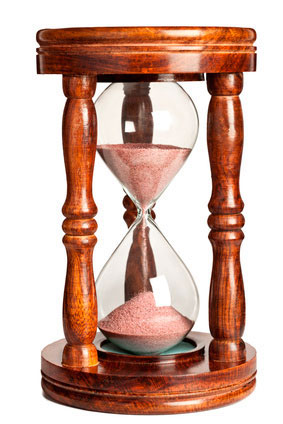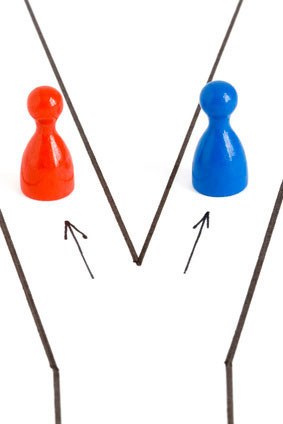8 Red Flags She’s a Crazy Girl You Should Stay Away From
 In my
article "Why I Quit Dating Girls Who Club, Party, or
Drink", Balla asks the following questions about spotting a
crazy girl (so that he might stay far, far away):
In my
article "Why I Quit Dating Girls Who Club, Party, or
Drink", Balla asks the following questions about spotting a
crazy girl (so that he might stay far, far away):
“How do you know if a girl is crazy before its too late? What early signs do girls show you?
How do you know you if a girl is lying to you about not being a club girl? Say if you met her during the day?
Don't club girls run around during the day too? How do you know you're not picking up a club girl during the day?”
Now, that's not to say that all girls who head to nightclubs every so often are crazy (although... most of them are at least somewhat more narcissistic women).
What we're talking about here when we say a girl is a "crazy girl" is that she is a woman who's more likely to be unstable in a relationship. That's it. She may function perfectly in every aspect of her life besides romantic / sexual relationships, but that's unimportant to us here for our purposes - this website is about selecting women as lovers and long-term partners, and we're most concerned with how those women are going to serve in those roles, how they'll affect us, and how stable (or not) they're going to be in that position.
To make some of these red flags easier to spot, I'm going to break them down into different red flags across three distinct categories, which may or may not be controversial for some people... and if so, well, them's the ropes. We're simply looking for the most useful tool here for making general predictions about the effects a given woman is going to have on your sanity as a man down the line in a relationship of any variety with her.


 It
occurs
to me that there is a certain percentage of the readership
here that has been reading Girls Chase for a fairly long time but not
taking much or any action.
It
occurs
to me that there is a certain percentage of the readership
here that has been reading Girls Chase for a fairly long time but not
taking much or any action.

 Value's
a
frequent subject of the articles on this site - we talk
about ways to increase your passive value and
Value's
a
frequent subject of the articles on this site - we talk
about ways to increase your passive value and 


 Today, I
wanted to
make a quick introduction to using
Today, I
wanted to
make a quick introduction to using 

 A little while back, in the article on
A little while back, in the article on  In July's article on
In July's article on 